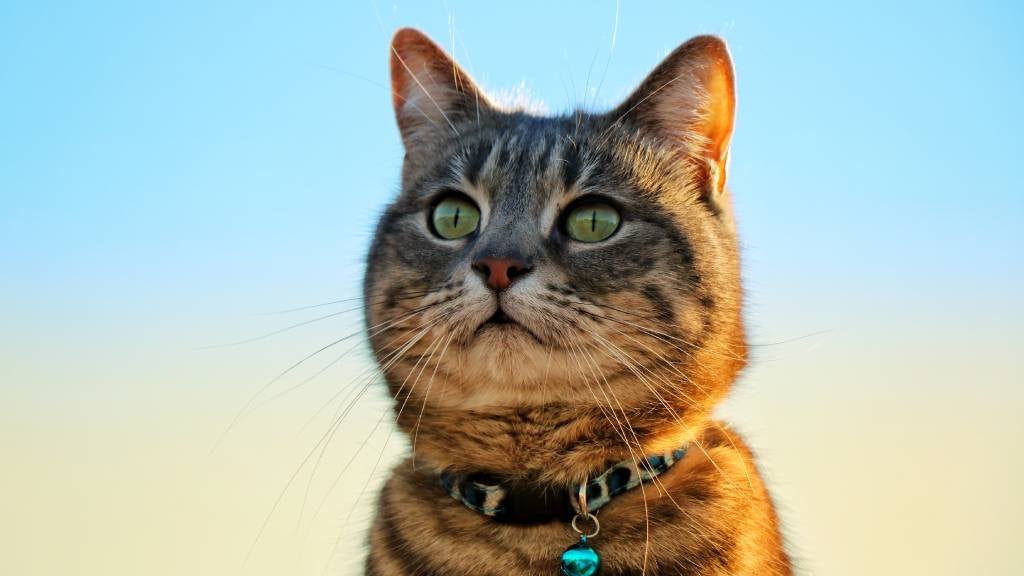How to provide for your pets in your Will

Our pets are our whānau. We make space for them in our beds, homes, and hearts. But what happens to them when we die?
It's not something we like to think about but making provisions for your pet in your Will is a crucial step to ensure their well-being after you're gone.
There are a few different options you can explore when it comes to deciding who will take care of your pet. You can name a specific family member or friend or organise for your pet to go to a shelter.
Making provisions for your pet in your Will is a loving act that will give you peace of mind knowing that they will be taken care of when you're gone.
Decide who will take care of your pets
It is natural to be concerned about the welfare of your pets after you’ve passed away. You can opt to transfer custody to a friend or family member – who are animal lovers and who you know would provide a loving home, then they would be ideal candidates.
You'll want to choose someone you trust to make the best decisions for their well-being, and it’s important to chat with them about it beforehand to make sure they are capable of caring for them. You should not assume that the caretakers you have chosen, including rescue organisations, will be able to accept the responsibility of care.
Make sure you have a plan in place
One of the first things you'll need to do is to create a plan, this can be an informal agreement or an agreement in combination with a pet trust which can provide for the care and maintenance of your pet.
This clause should specify who will assume responsibility for your pets and include any instructions for their care, such as dietary needs or medication requirements.
You should also make sure to keep your pets' files—including medical history, vaccination records, and registration papers—together in one place. Doing so will make it easier for your designated caregiver to take over responsibility for their care.
Consider preparing for a sudden change in care for your pets, so they don't get forgotten in the following days. Put a card in your purse or wallet with information, such as:
- contact information for your pets' caretakers
- where your pets are
- your vet's contact number
That way, emergency responders will know where to find your beloved animals if you're ever involved in an accident or otherwise unable to speak for yourself.
While it's impossible to predict the future, taking these steps now will help to ensure that your furry mates are taken care of according to your wishes—no matter what happens.
Let your executor know
Once you’ve decided on a plan, it’s important to let your executor know your wishes. This person will be responsible for ensuring that your final instructions are carried out, so they need to be aware of your plans for your pets.
You should also provide them with a list of pet-related expenses that will need to be covered, such as boarding, food, and veterinary care. For something more specific, write a “care plan” that includes:
- your pet’s favourite toys and treats
- their usual diet and where to purchase
- a pet-sitting service you’ve used, if applicable
- the name and contact information of your vet and information about any medical needs
- a list of your pets’ training cues
- their behaviour around other animals, children, and people
- preventive care plan
Doing this can help you feel confident that your pet will be taken care of according to your wishes.
Keep your Will updated
Once you’ve made provisions for your pet in your will, keeping the arrangements up to date is important. If there’s one consistency in life, it’s change, right?
If you move house, for example, you’ll need to update your contact information and that of your chosen caregivers.
You should also review your Will regularly to ensure it still reflects your wishes – especially if you get a new pet or a current pet's needs change (e.g., new medications or special dietary requirements).
Ensuring your pet’s emotional support
The loss of a care giver is a big deal for any pet. While some animals take the change in their stride, others may grieve heavily and need extra support to get through it. If you're worried about how your furry friend will cope after you're gone, you can do a few things to help them.
Preparation is key
First, try to socialise them as much as possible. The more they interact with other people and animals, the more likely they will form strong bonds that can help them in times of need.
In the meantime, SPCA Pet insurance can help to provide peace of mind with cover for up to 90% of eligible vet bills1, which can include consultation, blood tests or imaging, surgeries, medications, and more. Love them, protect you!
20 Jan 2023
Disclaimer
1. Pre-existing conditions are excluded. Limits, sub-limits, and annual condition limits may apply. A $2,000 annual condition limit applies to Everyday Cover.